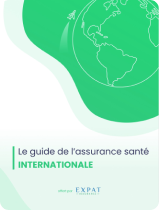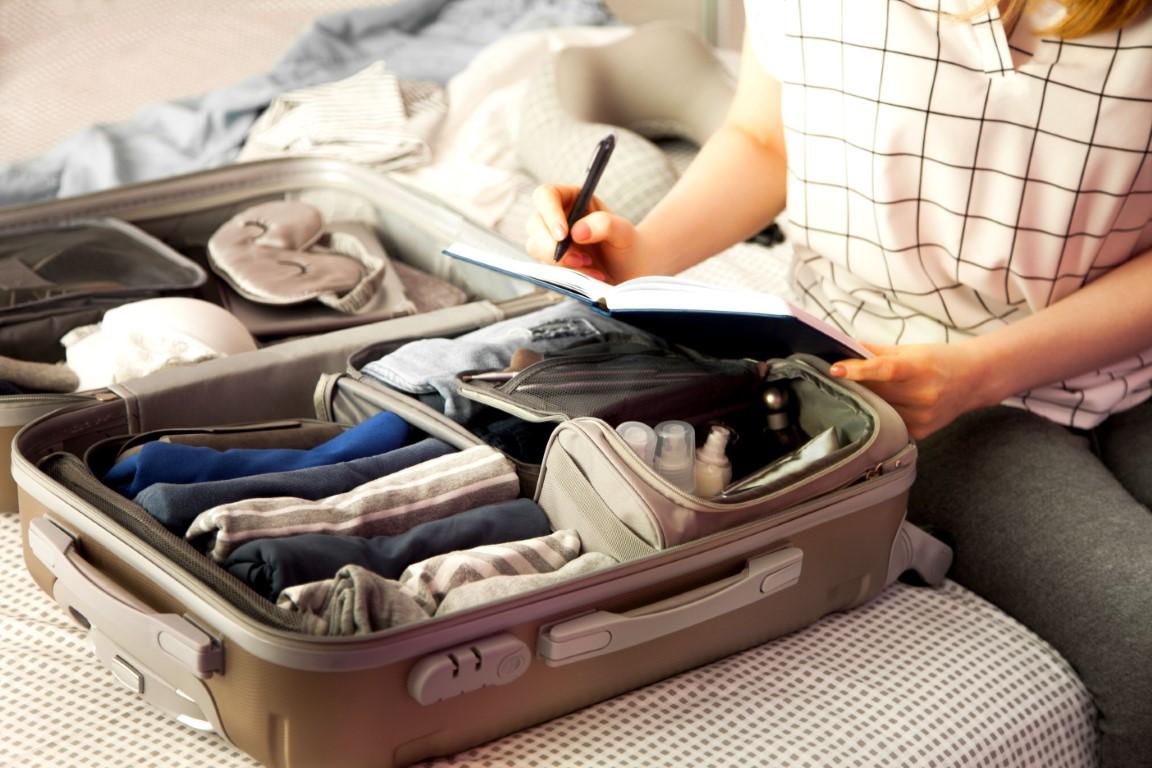There are many reasons why one would consider moving to Senegal. The country is famous due to its rich cultural heritage classified by UNESCO. Also for its dream beaches, its lively capital, and its natural parks.
The Senegalese hospitality (“teranga”) and the economic development of the country are enough to attract candidates for a change of scenery. But before leaving, it is important to know about the steps to take and the importance of getting health insurance in Senegal.
Senegal, a Popular Destination for Expats in Africa
Easy Installation for Expats in Senegal
Approximately 200,000 foreigners have chosen to expatriate to Senegal and are currently living there, mainly in Dakar. Their installation in the country is facilitated by the big networks of expats that are already there.
As the 7th most prosperous country in Africa, it has attracted several foreign companies, and there are many expatriates in Senegal. Educational institutions are of good quality, and there are international schools.
It is also one of the best-connected countries in Africa. You will still have to get used to some local subtleties, such as the fact that credit card payments are rather rare. Or that it is necessary to exchange your driving license for a Senegalese one to drive.
A Lower Cost of Living Than in Europe… But Not for Everything
Expats in Senegal benefit from a lower cost of living than most places in Europe. But beware. This is true for transportation, food, or restaurants (provided you eat locally). But it is not the case for rents, which tend to increase rapidly with the multiplication of modern construction programs.
Dakar is a good example of this. You should count on about 760 euros per month for a studio in the city center. And 1600 euros for a 3-room apartment, without utilities.
Steps to Take for Living in Senegal as an Expat
Moving to Senegal Without a Visa
Citizens of European Union countries do not need a visa to move to Senegal, provided they have a valid passport. On the other hand, you will need to get a resident card if you plan to be living in Senegal as an expat for more than 3 months.
It can be obtained from the “Direction de la Police des Etrangers et des Titres de Voyage” and must be renewed every year. It entitles the holder to a foreigner’s identity card valid for 5 years.
It is highly recommended to register with your country’s consulate. This is for security reasons, but also to facilitate certain procedures such as the renewal of passports and identity documents. Or to be able to vote as a citizen living abroad.
Jobs for an Expat in Senegal
The country’s economy is both dynamic and diversified, and entrepreneurship is well developed. There are therefore good opportunities for those who are thinking about moving to Senegal.
The competition can be strong. Especially since many people in Senegal have high and are highly qualified, and companies tend to prefer local profiles. Nevertheless, there are good opportunities for an expat in Senegal in the most promising sectors:
- Telecoms
- Construction
- Chemical industries
- Engineering
- Financial services
- Agribusiness and energy
- Real estate
- Tourism.
Please note: the liberal professions are not very accessible to expatriates. And some professions are closed or restricted to foreigners:
- Nurse
- Architect
- Baker
- Etc.
The recruitment of foreign workers requires prior authorization. And the work contract requires a visa from the Ministry. This is why many workers do not leave for Senegal until they already have secured a job.
Moving to Senegal: Health Insurance for Expats
Expatriates in Senegal and Local Health Insurance
There are agreements between Senegal and many countries that allow workers to join the local health system during their expatriation.
But this type of coverage only covers 40 to 80% of the costs of consultations, examinations, deliveries, hospitalizations, surgery, dental care, and medication. Self-employed persons are not covered by this system and must insure themselves.
International Health Insurance in Senegal
In Senegal, health insurance with an international company is highly recommended for expats. The local medical system suffers from big inconsistencies. 70 to 80% of the practitioners are located in Dakar.
Also, there are great inequalities between the public and private sectors. The last ones are generally preferred among the expatriates because they are better equipped.
A day of hospitalization costs about 45 euros in the public sector, and 75 in the private sector. A consultation with a specialist will cost 15 euros in the public sector, but twice that in the private sector.
It is common for an expatriate to have to return to their home country for treatment or surgery. Because even in Dakar, not all establishments have the appropriate specialists or technology.
An international health insurance policy covers expenses in Senegal but also during your stay in your home country. It allows you to be treated in the establishment of your choice, and to benefit from repatriation and evacuation insurance.
Depending on your situation, your needs, and your budget, you may choose to get a supplementary policy to go with your Social Security coverage. Or to take out an insurance policy “from the first euro”.
To make your choice easily, the best solution is to use an online insurance comparator.







